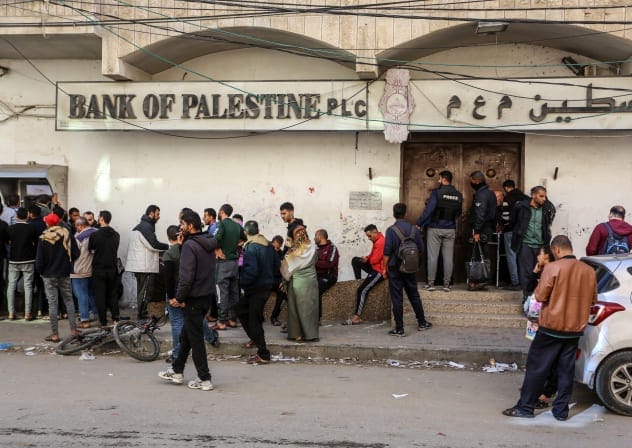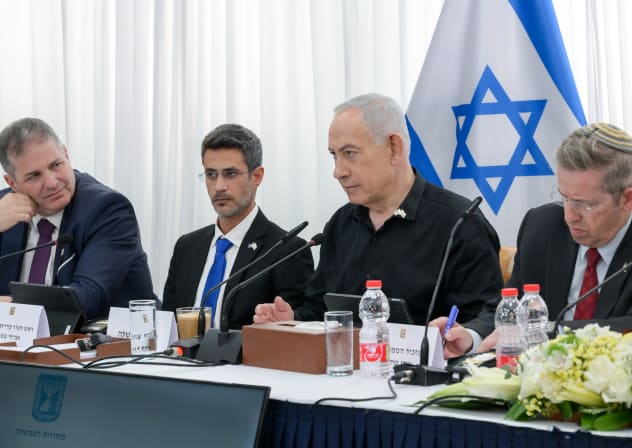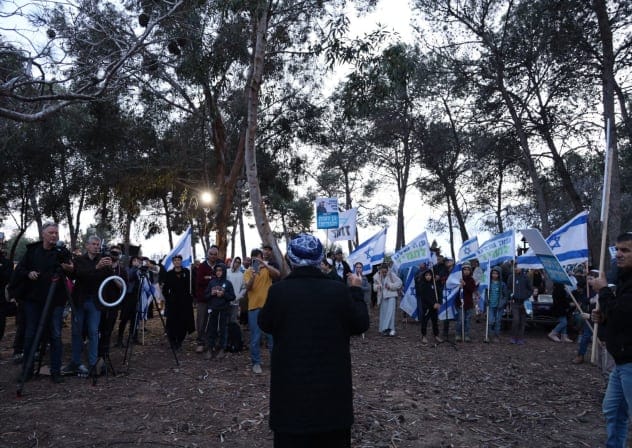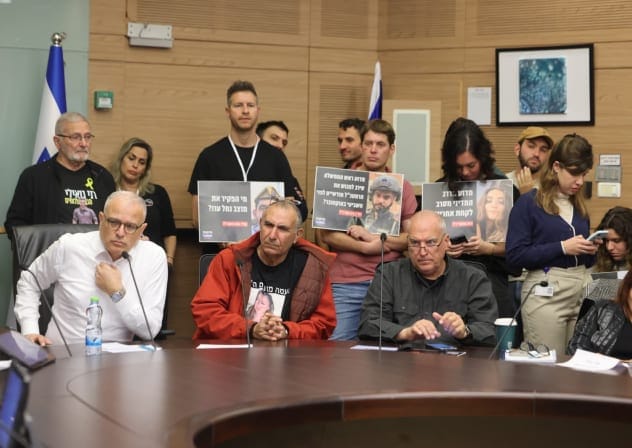Despite Israeli demands, Bank of Palestine refuses to shut down pay-for-slay accounts - exclusive
The bank had agreed to close 1,700 accounts in the West Bank and Gaza, but now claimed it was “unable to act.” The prevailing assessment is that senior PA officials instructed the bank not to comply.













